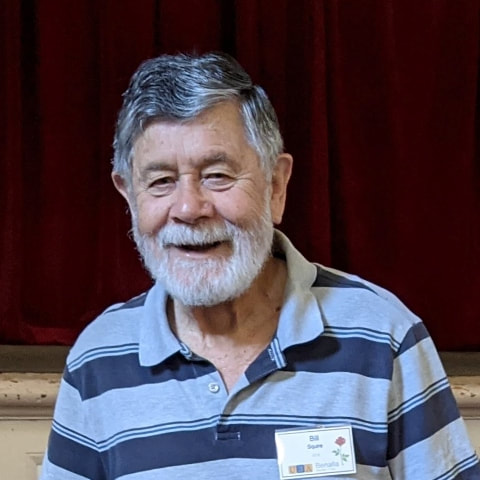Friedrich Nietzsche, a highly poetic philosopher was all the rage in Germany when Richard Strauss was a young man. Strauss set to music a wildly rhapsodic book of his called Thus Spake Zarathustra, which was the major focus for our group this session. The work isn't really about Zarathustra at all. Nietzsche simply used Zarathustra as a spokesman, a sort of prophet—hero, into whose mouth he put his own philosophy. Strauss’ "Zarathustra" is a music picture of man's greatest problem—his mortality, the grim fact that he must die. This painful problem is shown in terms of a conflict—the struggle between Man's tremendous need for immortality, and his equally strong need to accept the fact that he is mortal. It's a struggle we all share.
A little bit of Russian fairytale by way of contrast - Stravinsky’s Firebird Suite - completed the morning. As an encore the Pas de Deux from the Firebird ballet was danced courtesy of the Mariinsky Ballet Company.
The ‘Overture to get session two underway came from the pen of Robert Schumann in the form of his “Overture, Scherzo and Finale”. Written in the wake of his marriage to Clara Wieck (after a long and tortuous courtship made difficult by Clara’s father), it is essentially a symphony without a slow movement. Schumann initially named it “Symphony No.2” before settling for the title “Sinfonietta”.
When war broke out in August 1914, Edward Elgar was not among the enthusiastic. He had serious forebodings, and after the cataclysm that effectively eliminated an entire generation of English youth, he plunged into despair. His Cello Concerto (the major work for this session) is completely the reflection of a heartfelt response to the national tragedy. It’s an unconventional concerto, but it is a masterpiece. It is not only a reflection of the forever altered world of Britain in 1919, but also the deep and apt expression of great composer facing his own old age, and for that matter, an audience that soon saw him as an anachronism.
When Rachmaninoff, wizard of the piano, meets Paganini, wizard of the violin, the result is the notoriously difficult Rhapsody — 24 variations on the 24th of Paganini’s Caprices — encompassing everything from knuckle-busting runs to the terrifying Day of Wrath medieval chant and the swoon-worthy 18th variation. Said to be Rachmaninoff’s finest work for piano and orchestra, it brought down the curtain on our April music excursions. Full notes and links to the recordings used can be found on Music Appreciation page of our U3A website.
Bill Squire
Session Notes for 14th April
Berezovsky - Symphony in C
R Strauss - Thus Spoke Zarathustra
Stravinsky - Firebird Suite
Stravinsky - Firebird Pas de Deux
28th April
Session Note for 28th April
Schumann - Overture, Scherzo & Finale
Elgar - Cello Concerto
Rachmaninoff - Rhapsody on a theme of Paganini
Start times - Rachmaninoff Variations


